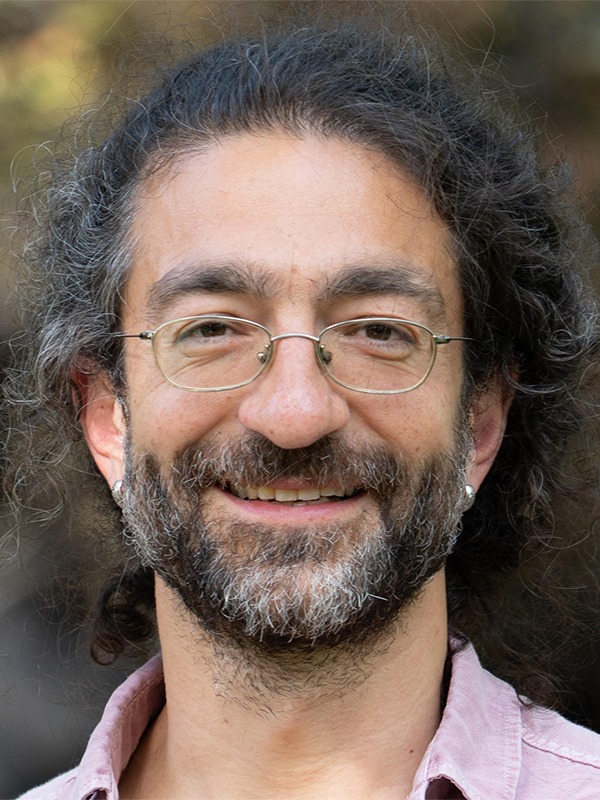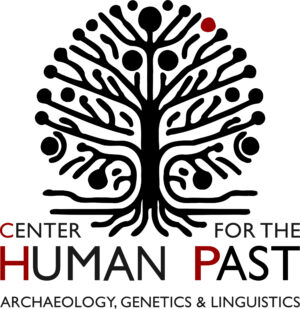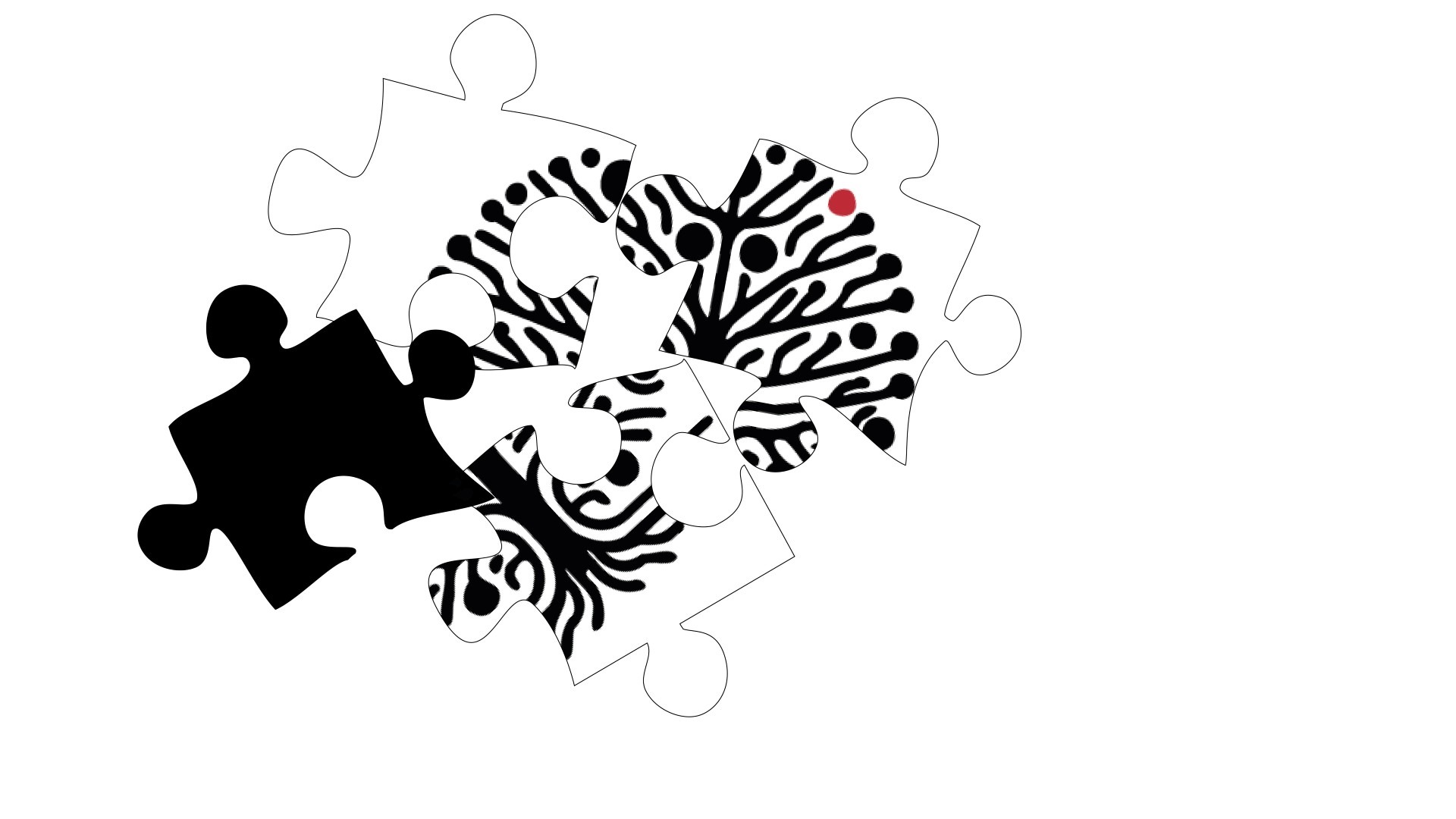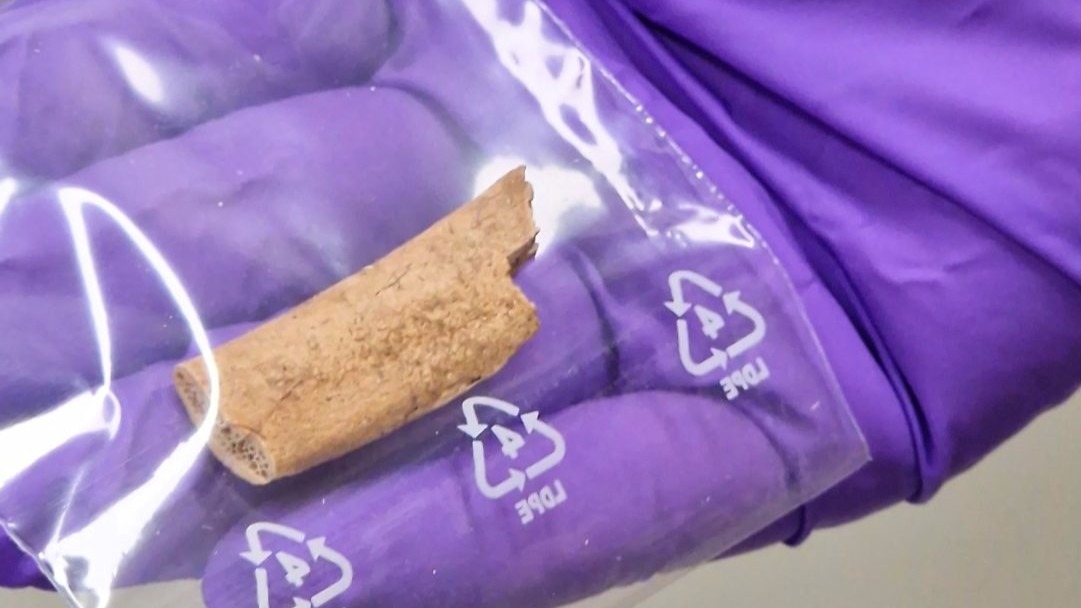We’re excited to announce that the first residential fellows for academic year 2024-25 have been selected! The fellowship is an initiative by the Center for the Human Past administered by the Swedish Collegium for Advanced Studies (SCAS). It is designed to foster a collaborative environment where early-stage and established scholars can converge across a range of three disciplines, archaeology, population genetics and historical linguistics to explore the shared history of the world’s populations over the past 10,000 years.
Advanced Fellowships 2024-25

Yoko Yamazaki
(autumn term)
Researcher, Department for Slavic and Baltic Studies, Finnish, Dutch and German
Stockholm University
Yoko Yamazaki is a researcher at the Baltic section, Stockholm university, currently leading a project funded by Riksbankens Jubileumsfond, Traveling Voices — The diachronic development of the voice system in Baltic, Slavic, and Germanic branches from a migrational perspective.
She is a historical linguist with special interests in the Baltic languages and Indo-European comparative linguistics. After completing a PhD program at SU, she was awarded an International Postdoc grant from Vetenskapsrådet. With this grant, she stayed at the Department for Comparative Language Science, University of Zurich.
In recent years, her interests are growing towards the multidisciplinary approaches, combining historical linguistics, archaeology and genetic analysis of ancient DNA. Linguistic and cultural contacts between Indo-European and West Uralic speakers in Northern Europe and Fennoscandia in the Early Bronze Age are particularly fascinating. At SCAS, she will investigate some aspects of the life of these peoples in contacts – working and eating aspects of theirs, based on the Baltic loanwords in West Uralic and archaeological / archaeogenetic insights gained from the Seima-Turbino trans-cultural complex.
Her major publications include:
- “Diathetic problem of the Baltic ā-preterits to the simple thematic presents” in Historische Sprachforschung 134 (1), 2021, 290-311;
- “Balto-Slavic accentology, schools” In: Rene Genis and Marc L. Greenberg (eds.) Encyclopedia of Slavic Languages and Linguistics, Leiden: Brill, First published online: 2017.
- A co-edited book: Sommer, Florian, Karin Stüber, Paul Widmer, and Yoko Yamazaki (eds.) Indogermanische Morphologie in erweiterter Sicht. Innsbruck: Institut für Sprachwissenschaft der Universität 2022.
Mehmet Somel
(spring term)
Professor of Biology
Middle East Technical University
Mehmet Somel worked at the MPI Evolutionary Anthropology in Leipzig for his Ph.D. (2004-2008) and as a postdoctoral fellow at PICB Shanghai and at UC Berkeley (2008-2013), studying human brain evolution and ageing using transcriptome data. Since 2013 he is faculty member at Middle East Technical University (METU) Biological Sciences in Ankara, Turkey, and works as part of the CompEvo group and the METU/Hacettepe Ancient DNA Team. The group has been producing and analysing ancient genomes from humans, sheep, wild asses, and other species, mainly from SW Asia. A central motivation has been uncovering the cultural practices of past societies in the region using genetic data, such as biological versus social kin ties among co-buried individuals in Neolithic villages (Yaka et al. 2021, Current Biology) or sex-biased mobility (Koptekin et al. 2023, Current Biology), and how such patterns changed over time. For instance, the group’s findings have suggested that gender-related dynamics in Neolithic Anatolia may have differed from those in later-coming Neolithic Europe, with strong patrilocality observed in Europe but not in Anatolia.
At SCAS, he will work on the transformation of Anatolia in the 2nd millennium CE, when the peninsula underwent major cultural shifts along with the admixture between incoming nomadic Turkic tribes and the mainly Greek- and Armenian-speaking local populations. He will be co-analysing archaeogenomic data and the historical literature in an attempt to better understand the pull and push factors behind the massive religious and linguistic conversion of Anatolia.
Links:
https://compevo.bio.metu.edu.tr (research group)
https://neogene.metu.edu.tr/ (ERC funded research project on the Neolithic)
https://neomatrix.metu.edu.tr/ (H2020 funded research network)

Young Scholar Fellowship 2024-25

Axel Palmér
(full academic year)
Guest Researcher, Centre for Linguistics
Leiden University
Axel Palmér is a historical linguist specialized in Indo-European languages. After undergraduate studies in indology and linguistics at Uppsala University, he continued his studies at Leiden University, where he received his Ph.D. in 2024 with a dissertation titled Indo-Slavic lexical isoglosses and the prehistoric dispersal of Indo-Iranian.
Palmér’s research seeks to understand the diachronic development of the Indo-European languages, particularly the Indo-Iranian branch and its relationship to its European relatives. Beyond the development of the languages themselves, however, he focuses on reconstructing the prehistoric movements and interactions of the speakers of Indo-European languages by connecting linguistic evidence to real-world contexts with the help of archaeology and population genomics. His Ph.D. dissertation traces the dispersal of the Indo-Iranian branch from Eastern Europe to Asia starting from the disintegration of the Indo-European protolanguage ca. 3000 BCE. His papers have appeared in international journals such as Indogermanische Forschungen, Indo-European linguistics, and PLoS ONE. His co-authored paper Indo-European cereal terminology suggests a Northwest Pontic homeland for the Core Indo-European languages (Kroonen et al., 2022) presents a new scenario of the early Indo-European dispersal, which has since received support by genetic studies. As a fellow of the Human Past Fellowship Programme at SCAS, Palmér will investigate the relationship between pastoralist and agriculturalist subsistance strategies in early Indo-Iranian societies.”



